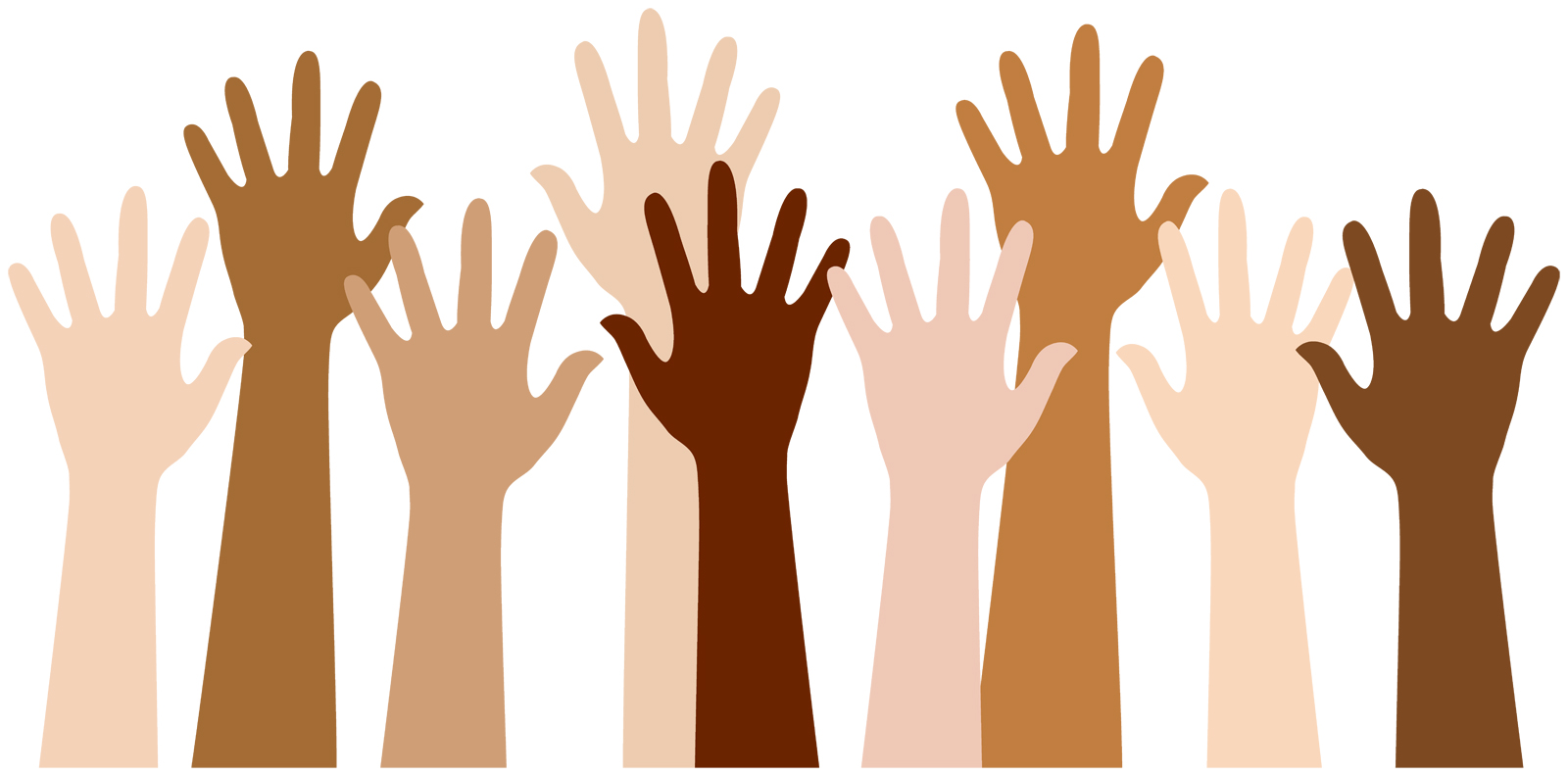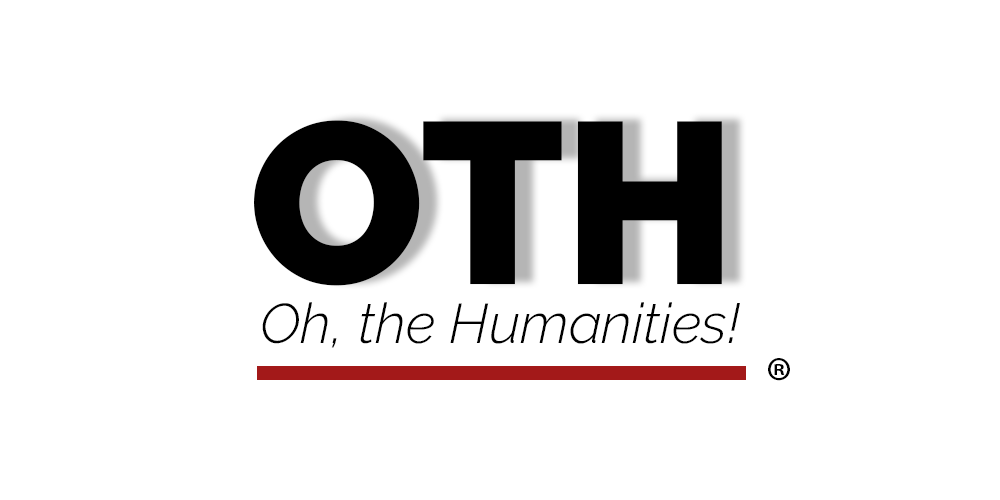
by Volker Frank
I. By Way of Introduction: A Sociological Perspective of the Problem
A little more than a century ago, Emile Durkheim wrote his last book The Elementary Forms of Religious Life. In it, he explained why religion and faith are such universal human phenomena, regardless of their particular expressions, Gods, or sacred texts. To him, religion’s fundamental value was not the saving of the believer for an afterlife, but what religion – in its organized and collective form – did to those who believed and practiced it: they were members of a community of values. While Durkheim succeeded in making the point, he unfortunately failed in his other goal – the recovery of a consciously and collectively shared human morality, for which the Elementary Forms was a sort of preliminary study, a foundational perspective. Durkheim realized that modern life with all its scientific revolutions and progress (technological, medical, etc.) raised a serious challenge to community life of all sorts (the nation, the Church, the citizenry, the rural towns, the educational institutions). In fact, he argued, the birth and evolution of modern life produced secularizations and separations of all kinds. Even religion itself was not immune to this development. This was a problem, he argued, because while modern life produced a more complex division of labor that gave specialization, it also weakened our social and moral ties. He was quite skeptical about modern life’s ability to reproduce – in secular form – what religion had (presumably) accomplished before the arrival of modern life. In this vision that modern life will be diverse and yet profoundly divided, confused even, about values and what values we should nurture and protect and teach, he was not alone. Other famous Sociologists, Politicians, and Philosophers also feared that modern life will be increasingly about what we have and less about who we are and who we want to be and how we see ourselves as a part of something bigger.
II. Diversity and Inclusion, Diversity or Inclusion?
What has happened to Durkheim’s concerns? Has the University managed to address a central problem of modern times? And has the University not only addressed it, but arrived at a “good enough” conclusion or recommendation among its teachers and with its students? I am not so sure. In other words, while a lot of Universities and Colleges, and especially those who teach the Humanities, have recently – and rightfully so – engaged more intentionally with issues of diversity, equity and inclusion, frequently we are still not addressing a fundamental question: what are our values and beliefs, why do we have the values and beliefs we have, and what’s so unique about the Humanities in their attempts to clarify values for us? Is there a trade-off between diversity and inclusion? What lies underneath our talk of diversity and inclusion?
Let us assume for a second that the problem lies not so much with our attention given to diversity, but with inclusion. Many argue that finally, the Humanities are paying more attention to diversity of all kinds: here at “home” in the West (e.g. race, ethnicity, multiculturalism, gender, trans-gender, etc.) but also there “abroad” in the non-West (e.g. indigeneity, coloniality, cosmopolitanism). In the classroom, and among colleagues, talk about non-Western cultures, religions, and belief systems is not always easy. There are many reasons for this but two should be mentioned here. First, a lack of familiarity with “abroad” (produced, in part, by education biased toward the West, limited exposure to other cultures, reinforced by language limitations, and a lot more). To be blunt, or overly simplistic, not everybody who teaches about Africa, Latin America, or Asia, did what Levy-Strauss, or Geertz or Mead could do: spend years “abroad”.
Second, and perhaps more importantly, a profound philosophical bias towards one-sided reason. Here we could mention a long line of intellectual thinkers who continue to have great influence over our Humanities: Kant, Hegel, Nietzsche, Marx, Smith, Darwin, Habermas, Foucault etc…Is it because they are all white males or is it because they share something that goes beyond race/ethnicity and gender? Maybe what they and others share is “subjectivism”, i.e. their ontological and/or metaphysical belief, philosophy, and their neglect of what in Anthropology is called a “wholistic worldview.” Looking beyond what is offered not only by Kant and company but also by most Sociologists and so many Social Theorists in terms of an explanation of who we are as human beings, is it possible that we are looking at a false dichotomy, and therefore not really looking at the bigger picture?
In other words, instead of looking at humans either as “agency” or “part of structure”, homo faber or homo ludens, instead of disagreeing over whether we are, as Kant, Descartes, Smith, or Darwin had it, individuals in a competitive world, unable to fully understand and connect with the outside world, or instead of wondering if there is still a “grand narrative” since the Enlightenment (the modernization, democratization, secularization of the world), or whether the grand narrative is now a text to be de-contextualized, broken down into separate, distinct and different parts, instead of approaching the world from the perspective of Western vs non-Western, religious vs secular, developed or developing, rural or urban, rich or poor, healthy or sick, diverse and global, inclusive for some and exclusive for others, we ask again, who, what, and where are we as simple humans? But this time, we do so from a less “nominalistically” influenced world view. By nominalist I mean a world-view that assumes a dichotomous world: mind – world, subject – object, individualism – objective world, human nature is social vs. non-human nature is not social. Aristotle, Descartes, Kant, Marx, Nietzsche, Weber, and Habermas, and others, present this world-view, their philosophical stand, their theoretical position, for some even their political position, and thus their theories represent a value to the degree to which they describe what is, what is natural, what is not, what we are, what we are not, what is reason, what is rational, what is not rational, what belongs to God and what belongs to humans, what is fact and what is (to them) “mere ritual” and finally, what deserves to be learned and what not. These are then, at one and the same time ontological affirmations, metaphysical accounts, epistemological recommendations.
Looking beyond what is offered not only by Kant and company but also by most Sociologists and so many Social Theorists in terms of an explanation of who we are as human beings, is it possible that we are looking at a false dichotomy, and therefore not really looking at the bigger picture?
It is not that some would not have warned us. Here, one could mention a few voices: Weber argued quite eloquently that “the fate of an epoch which has eaten of the tree of knowledge is that it must know that we cannot learn the meaning of the world from the results of its analysis, be it ever so perfect; it must rather be in a position to create this meaning itself. It must recognize that general views of life and the universe can never be the products of increasing empirical knowledge” (Giddens 1971:136). E. F. Schumacher echoes Weber’s warning in that he asks “we know how to do many things but do we know what to do? He goes on to argue that the current crisis (moral, political, economic, and environmental) of western civilization is due in large part to a crisis of education. There has been, so to speak, a “metaphysical collapse” of our deepest convictions and he concludes “education which fails to clarify our central convictions is mere training or indulgence and education, far from ranking as man’s greatest resource, will then be an agent of destruction, in accordance with the principle “corruptio optimi pessima” (Campbell et al. 2002: 555).
And so, steeped in this tradition, today our Humanities face some serious challenges. From a nominalist perspective, how do you make sense of a statement like this: The Dagara people (Southern Burkina Faso, North West Ghana), explains M. P Somé, “have no word for the supernatural.” Moreover, “the world of the Dagara does not distinguish between reality and imagination” (Somé 1995:7). Likewise, Achebe (1994) argues that, as a consequence of a Western-imposed world-view, economics and politics, philosophy and science, the “problematique” of post-colonial Africa is how to get its people “back to the authentic” or “out of” this modern or post-modern Africa. In a similar vein, Maldonado-Torres, following Heidegger, asks how can we remind or convince non-Western people that for many former colonial subjects, it is not Descartes’ I think, therefore I am, it is I am, therefore I think. How do you unpack this?!
The good news is that there are some really interesting proposals how to get us out of this bias. And so, re-reading Achebe or Somé and others (e.g. Halton), I wonder, do they propose what in my view constitutes a non-nominalist theory, a philosophy that might acknowledge the other, the stranger, or that might even “otherize” and yet still explore common elements in our humanity as the real foundation? Thinkers like Goethe, Mumford and Gandhi, Morrison, among others, present us with the possibility that rationality (including the one so strongly represented in the Social and Natural Sciences, in the Humanities and in Philosophy), is only a part of what makes us human, and there is more to the human condition, as religion, as extra-rational, as nature shows us and perhaps unlike at any time before now, is even trying to tell us.
III. A Modest Proposal
The way we understand each other, the way we communicate with each other, the way we are and who we might become is far from an individualistic project alone. Our common project is rational but it is also so much more, it is reasonable, emotional, symbolic, and yes, it is calculating and sometimes dishonest and, lately, very conflictual. Halton argues that ”the reasonable is far more than the rational and runs deeper than cultural and biological reductionists can admit. It includes empathic intelligence, which can feel what rational mind cannot know, as well as projective intelligence, which can body forth ideas, images, feelings, and forms utterly irrationally, though reasonably” (Halton 1995:74). Many theories and philosophies see the rational individual as the center of attention – and hence as the place from which to explain the social, yet in doing so they risk missing more than what they reveal. Emphasizing diversity at the cost of inclusion is also bound to make the same mistakes, to fall into the same bias. Diversity and Inclusion are distinct ways of looking at the world, but maybe Inclusion is more than the sum total of Diversity. Inclusion is more than adding stories about “diversity at home and diversity abroad” – as important and timely as these may be. Inclusion is about shared humanity, regardless of place and time.
Works Cited
Achebe, Ch. Things Fall Apart. New York Anchor Books, 1994.
Giddens, Anthony. Capitalism and Modern Social Theory, An analysis of the writings of Marx,
Durkheim and Weber. London, Cambridge University Press 1971.
Halton, Eugene. Bereft of Reason. On the Decline of Social Thought and Prospects for Its Renewal.
Chicago, University of Chicago Press, 1995.
Maldonado-Torres N. “On the Coloniality of Being” In Cultural Studies, 21:2, 240-270.
Routledge, 2007.
Schumacher E.F. “The Greatest Resource – Education.” In Asheville Reader The Individual in the
Contemporary World. Edited by G Campbell, M Gillum, D Sulock, M West. Copley Custom Publishing Group, 2002, 540-555.
Somé, M. T. Of Water and the Spirit. Ritual, Magic, and the Life of an African Shaman. New York,
Penguin, 1995.
Tantillo, A. O. Goethe’s Modernisms, New York, Continuum 2010.
Wiredu, K. and Gyekye K. Person and Community. Ghanaian Philosophical Studies I. Washington,
Council for Research in Values and Philosophy. 1992.
